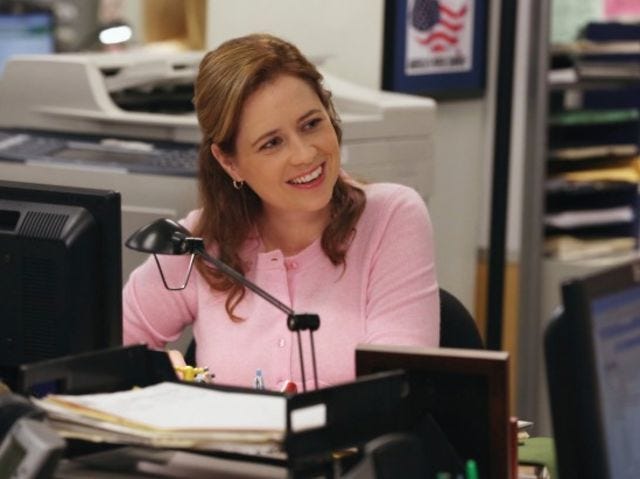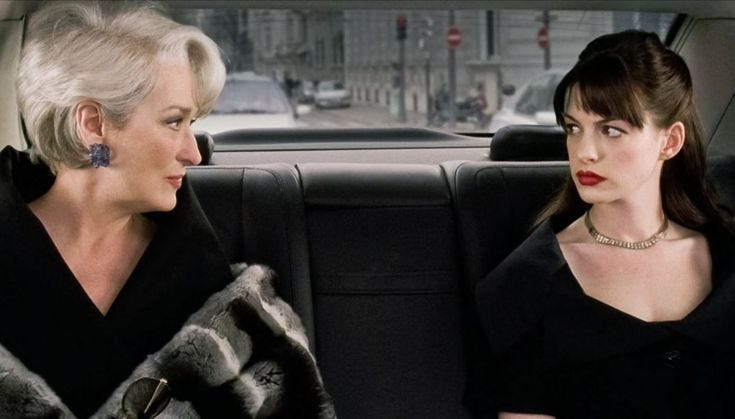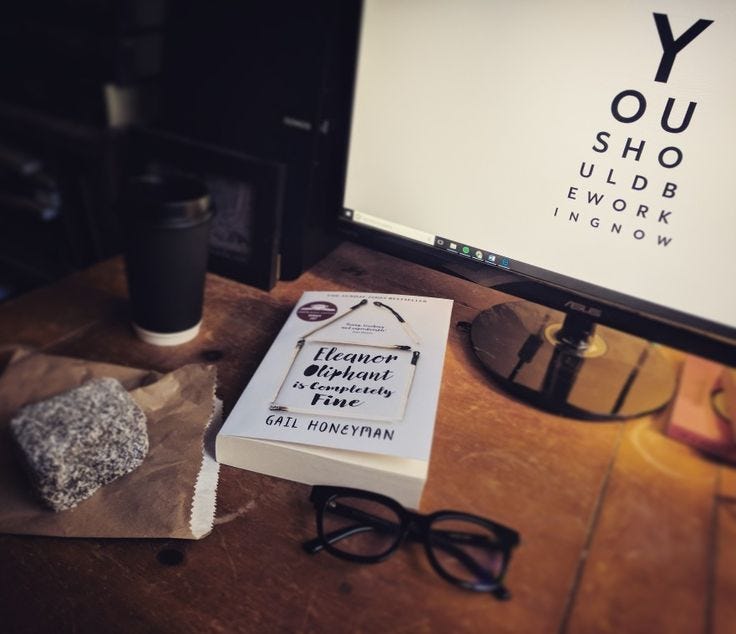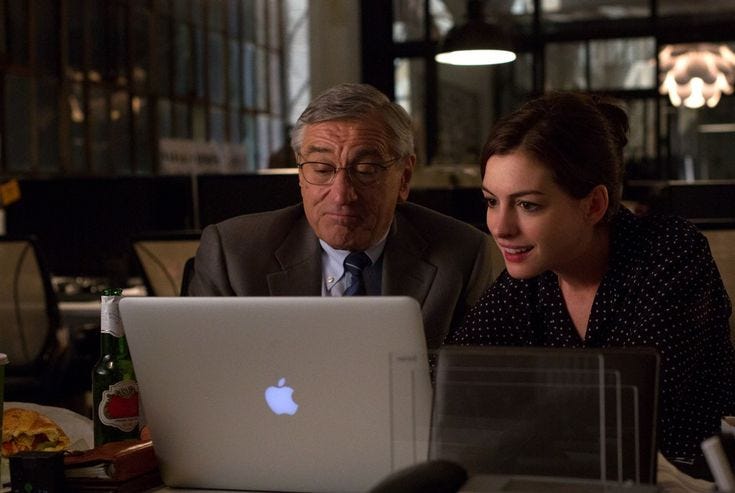It sounds like such a simple question, but if you sit with it for more than a minute, it can feel uncomfortable. Because for so many of us, the first thing we do is reach for our job title to answer it.
“I’m an engineer.”
“I’m a teacher.”
“I’m a writer.”
“I work for this big company.”
It is almost automatic. We tie our worth and our identity to the thing we do for a paycheck. And sure, there is pride in work well done. But what happens when your job becomes your entire personality? What happens when you have no idea who you are once you log off for the day?
I have been thinking about this a lot, and I find that the best place to notice it is in the stories we watch and read. Some of my favorite shows, movies and books take place in offices or workspaces. On the surface they are about deadlines, meetings and grumpy bosses, but look closer and you will see people wrestling with that same question: Who am I when I am not my job?
Let’s look at a few stories that show how complicated this can be.
The Office:
Take Pam Beesly from The Office. Her job is simple. She answers phones, greets visitors, handles the copier. She does it with a small smile because she is kind and polite. But inside, she is an artist. She dreams of painting, of something more than stale coffee and Michael Scott’s jokes.
She stays because the office feels familiar, almost like a family. But is it helping her grow into who she wants to be? Or is it holding her back?
Sometimes the people you work with can be like family. But even families can keep you stuck in place.
Ask yourself: Is there a dream inside you that you have left behind your desk?
The Bold Type:
In The Bold Type, three young women work at Scarlet magazine, which is exactly the kind of place they always wanted to be. They write articles about bravery, freedom, ambition. They wear great clothes, they look successful. But every day, their dream job tests them.
They deal with unfair bosses and office politics. They are pushed to grow up fast. They have to figure out who they are, even while their work tries to define it for them.
Sometimes a job can inspire you. Sometimes it exposes all the ways you are still figuring yourself out.
Ask yourself: Does your work help you become who you want to be? Or does it leave you feeling lost and confused?
The Devil Wears Prada:
Then there is The Devil Wears Prada. Andrea Sachs wants to be a serious journalist. Instead, she becomes an assistant to Miranda Priestly, one of the most powerful people in fashion.
At first, it seems like a stepping stone to something bigger. But soon, her entire identity becomes “the girl who works for Miranda.” She looks amazing in her designer clothes, but her friendships fall apart. Her boyfriend barely recognizes her. Her old life is slipping away.
This story shows how ambition can swallow you whole if you are not careful. When your self-worth depends on your boss’s approval, you lose control over your own life.
Ask yourself: What are you giving up to feel like you belong at work?
Confessions of a Shopaholic:
In Confessions of a Shopaholic, Rebecca writes a financial advice column, but she is drowning in debt. She tells others how to save money while she hides her unpaid bills behind a pile of shopping bags.
She pretends to be confident and put-together. But the truth is, she is terrified that someone will find out the real story. This is what happens when your work persona is just that, a performance.
Sometimes we wear a mask at work. We want to look capable and perfect. But pretending is exhausting. It drains your energy and your self-worth.
Ask yourself: Is your work identity true to who you really are? Or is it a mask you wear because you are afraid to show what is real?
Eleanor Oliphant is Completely Fine:
Eleanor Oliphant lives a lonely life, and her job is part of her armor. She does the same boring office work every day. She does not have close friends at work. She likes it that way. Her cubicle keeps her safe from the world.
But when her routine is shaken, she has to ask herself: Who am I when there is no routine to hide behind? What happens when work can no longer protect me from my own pain?
A job can give you structure. But it cannot heal what is broken inside.
Ask yourself: Is your work just a wall that keeps the world out?
The Intern:
In The Intern, Robert De Niro’s character has retired and feels invisible. He misses feeling needed. So he signs up as a senior intern at a young company run by people half his age.
He does not have a fancy title anymore. But he shows up, listens, and makes everyone feel seen. He finds his value in who he is, not just what he does.
Sometimes, worth is not about status or money. It is about feeling alive, feeling useful, feeling human.
Ask yourself: If you could start over, would you choose work that makes you feel alive, or just work that looks good on paper?
It Is Complicated, Isn’t It?
When you put all these stories together, you see a pattern.
Some of us hide in our jobs.
Some of us lose ourselves trying to fit into our jobs.
Some of us pretend to be someone we are not.
Some of us wake up one day and realize we want more.
Work can lift you up or wear you down. It can help you find your courage or make you forget what you were dreaming about in the first place.
So Who Are You?
So here is the real question.
Who are you when you shut down your computer?
Who are you when you stop performing for your boss?
Who are you when no one is asking you for deliverables or deadlines?
When all that noise is gone, is there still something inside you that feels like you? Something that is bigger than your job title, your business card, your paycheck?
I hope you take a moment today to sit with this.
Because if no one has told you lately, let me remind you:
You are more than your job.
You always have been.
And you always will be.
Thanks for reading. I will be back next time with another question to help us see our lives, and ourselves, a little more clearly.
Until then, I hope your work values you, but I hope you always remember your real worth comes from within you.
Ciao,
Fathima









